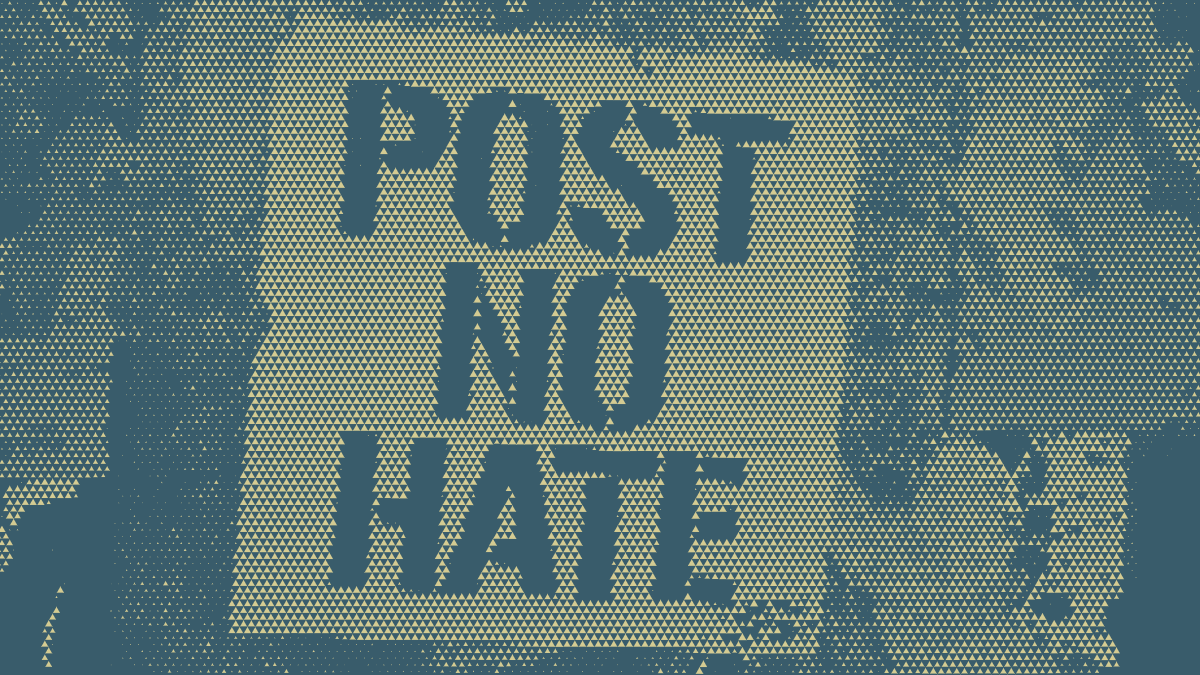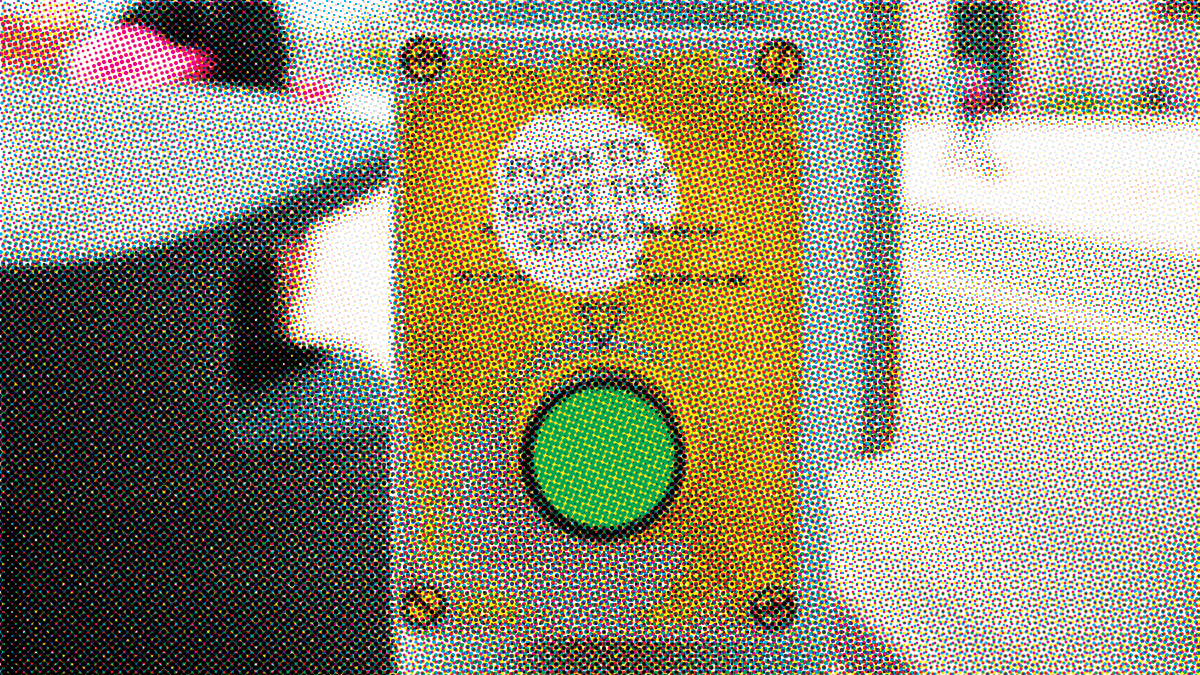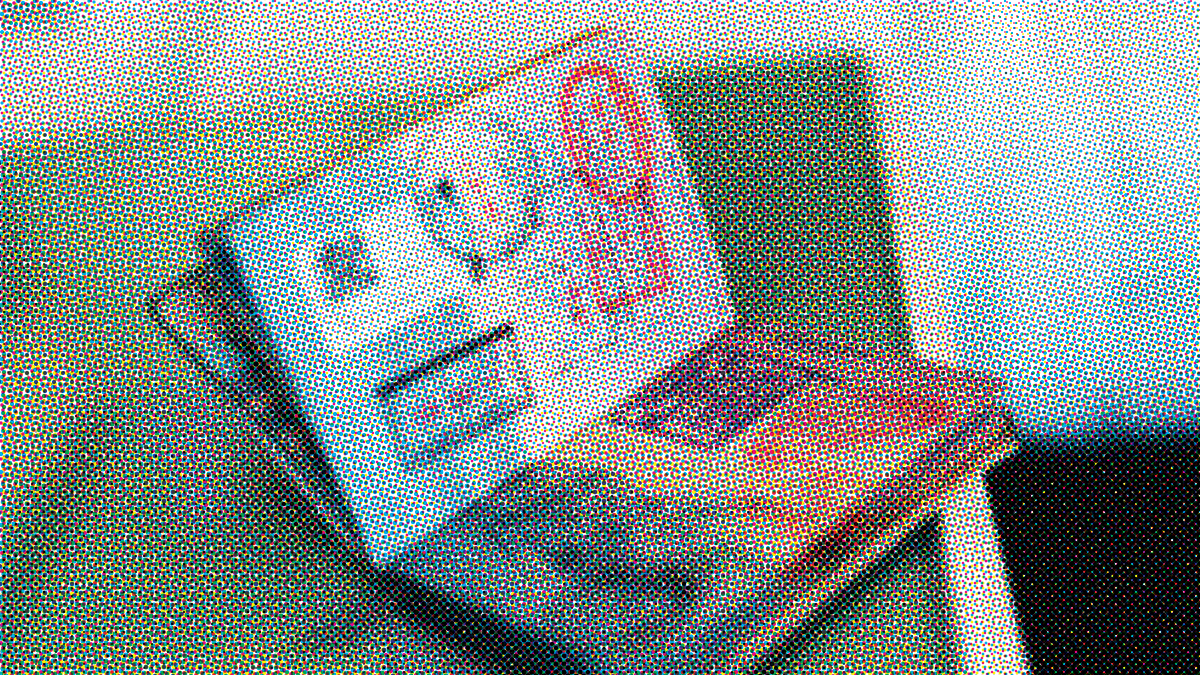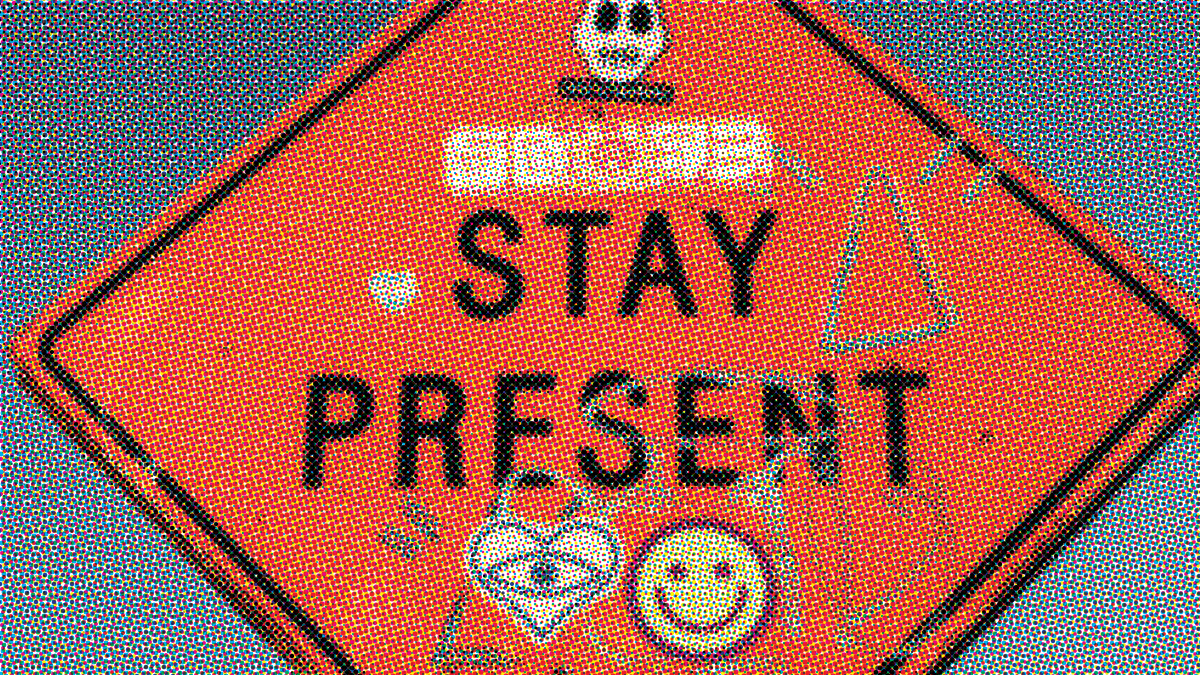The German Bundestag is about to debate far-reaching legislation that will permanently enshrine coronavirus-related restrictions into law. In this episode, I examine this law's privacy and civil liberty implications.
Police raids across Europe to fight hate speech sound like a good idea. But what does 'hate speech' actually mean? And does fighting it actually help? Or will it endanger your freedom of speech and maybe even your privacy?
As Germany is heading into another lockdown, our government now wants to search our homes without a warrant and due process. Why? Because they suspect illegal partying is going on. Also: More on the Cyberbunker case.
German prosecutors have opened criminal proceedings against the administrators of the bulletproof hoster Cyberbunker, which was raided by police last year. This is a landmark case for all hosting companies in Germany and should be of interest to anyone looking for privacy-oriented online services.
A new privacy law is being voted on next month in California. It might change the way internet privacy is dealt with in all of the US, maybe even around the world. Plus: Do Not Track is back. Maybe, this time around, it will actually work.
The release of the UK's contact tracing app, a major Excel blunder, the current coronavirus situation in Germany and how we are being prepared for the Great Privacy Reset.
Immunity passports are a very old idea. And they have many problems, not all of them directly privacy-related. What are these problems and why are they, if anything, made worse by digital technology?
In Germany, a large cloud service provider for restaurants was revealed to be horribly unsecure, possibly leaking tens of thousands of addresses, collected for mandatory coronavirus contact tracing, to the public.
Current research suggests that my initial hunch was correct: Measuring distances between phones via Bluetooth signals doesn't work well. If at all.
German police has started using coronavirus tracing lists from restaurants for criminal investigations. A look at the limits of the GDPR and other data protection regulations in the face of what everyone alleges is an overriding health crisis.









